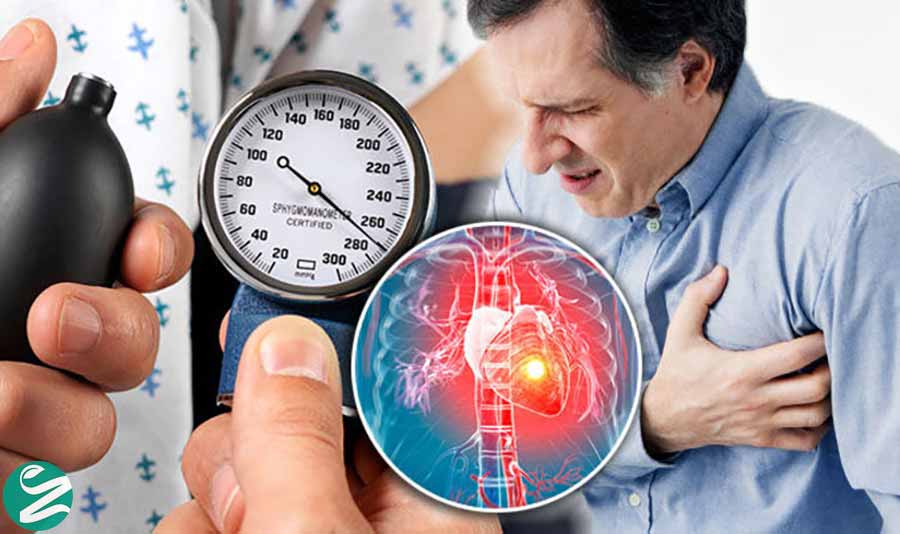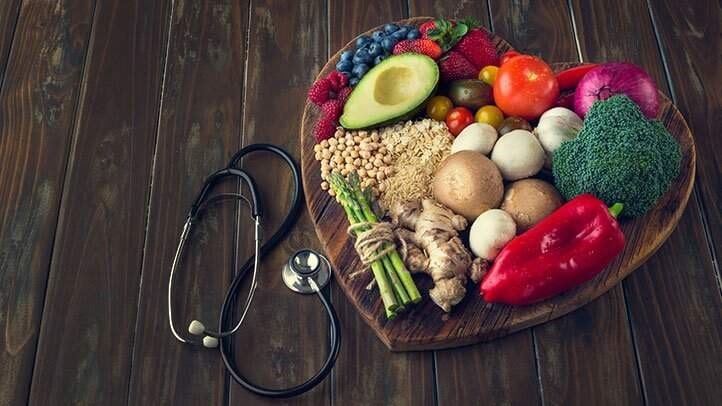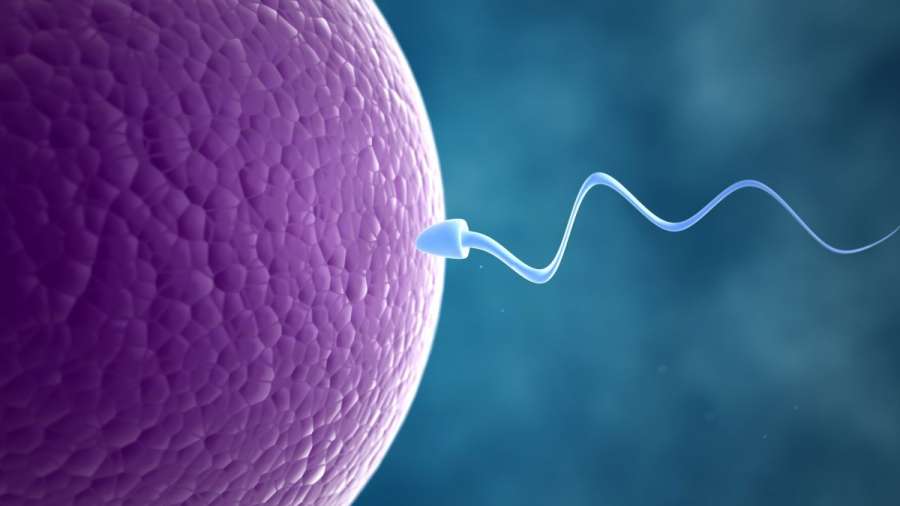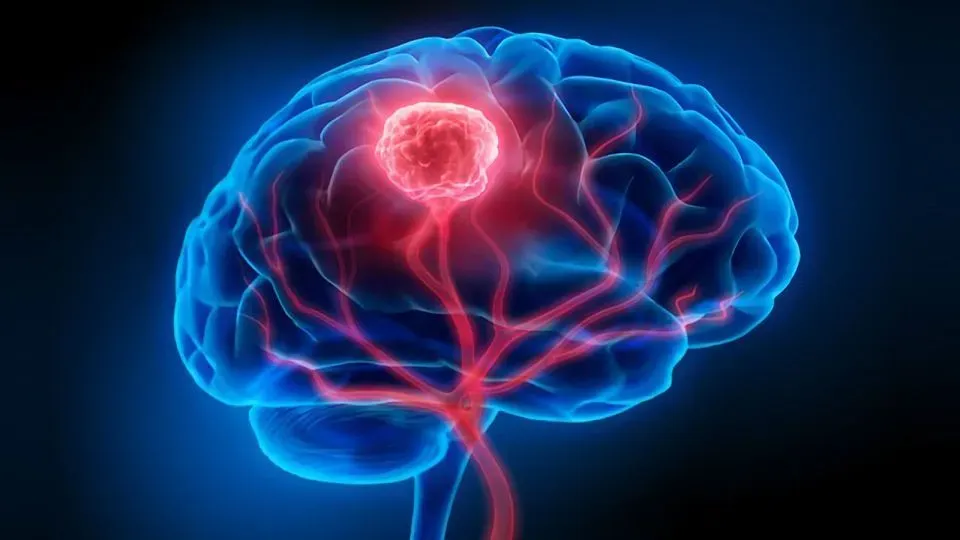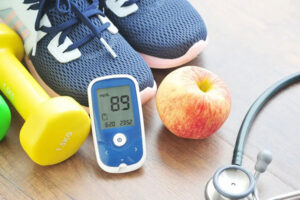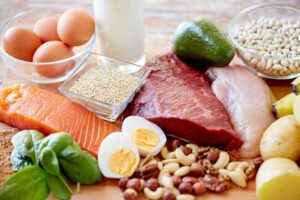Blood needs force to flow in the arteries, which is generated in every contraction of the heart muscle as a result of the blood hitting the artery wall. This force is called blood pressure. When large arteries lose their elasticity and natural strength and small vessels become narrower. Blood pressure rises. Blood pressure is shown based on two numbers. The first number is related to the blood pressure when the heart muscle contracts and the second number is related to the blood pressure when the heart muscle is resting.
Blood pressure higher than 140 over 90 mmHg for adults and 130 over 85 mmHg in diabetics is considered abnormal.

Factors predisposing to high blood pressure:
- Obesity and overweight
- Smoking and alcohol consumption
- A diet high in salt or fat
- Inactivity and lack of physical activity
- Stress and genetic factors
Complications of high blood pressure:
- stroke
- heart attack
- eye damage
- Kidney failure
Prevention of high blood pressure:
- Control your weight.
- Exercise regularly (20-30 minutes of exercise a day)
- Reduce daily salt intake.
- Do not eat fatty and fried foods
- Quit smoking.
- Treatment of stress and anxiety
diet :
- Consume plenty of fruits and vegetables containing potassium (kiwi, orange, peach, tangerine). Figs – oranges – tomatoes – bananas
- Use liquid oil such as sesame-olive.
- Use chicken and fish instead of red meat.
- Avoid canned foods – salty – baking soda, syrup and chocolate powders – sweets – smoked foods.
If non-pharmacological measures do not work, the doctor prescribes antihypertensive drugs. Do not stop or increase the medication without consulting your doctor.
Follow up of people with high blood pressure:
- Measure blood pressure regularly
- Examination of the chest and eyes and urine test
- Eco cardiography
- Ultrasound of kidney and urinary tract


